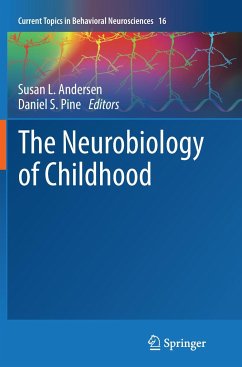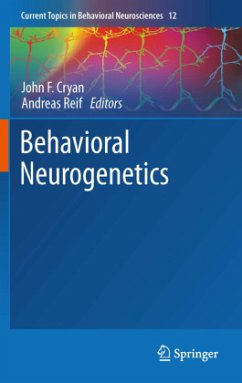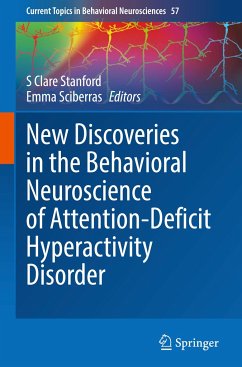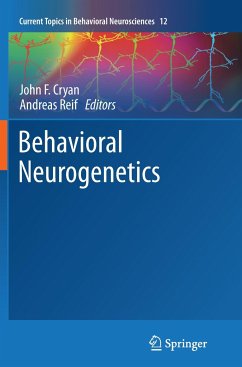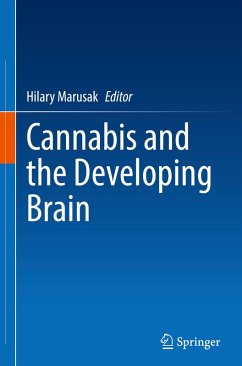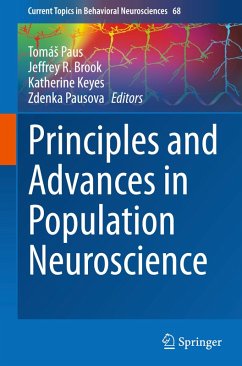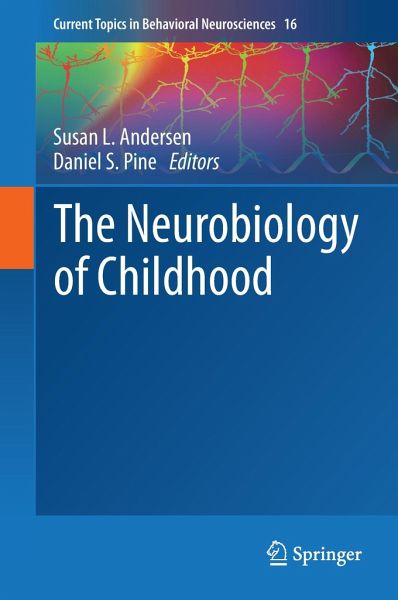
The Neurobiology of Childhood

PAYBACK Punkte
57 °P sammeln!
During the past years there has been rapid progress in the understanding of how early life stress impacts psychopathology in children. The first two parts of this book present the basic principles of brain development and describe the most important neuronal systems. This includes systems involved in emotion processing, cognitive control, and social processes. These first two general sections are followed by an overview about recent research on various neuronal and psychiatric disorders, where environmental exposures and altered brain development play an important role: sleep, autism, ADHD and...
During the past years there has been rapid progress in the understanding of how early life stress impacts psychopathology in children. The first two parts of this book present the basic principles of brain development and describe the most important neuronal systems. This includes systems involved in emotion processing, cognitive control, and social processes. These first two general sections are followed by an overview about recent research on various neuronal and psychiatric disorders, where environmental exposures and altered brain development play an important role: sleep, autism, ADHD and other developmental forms of psychopathology.





